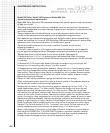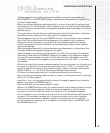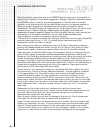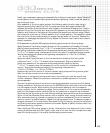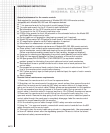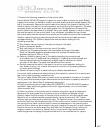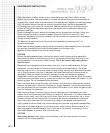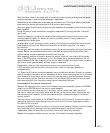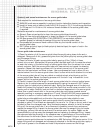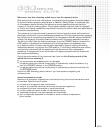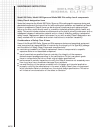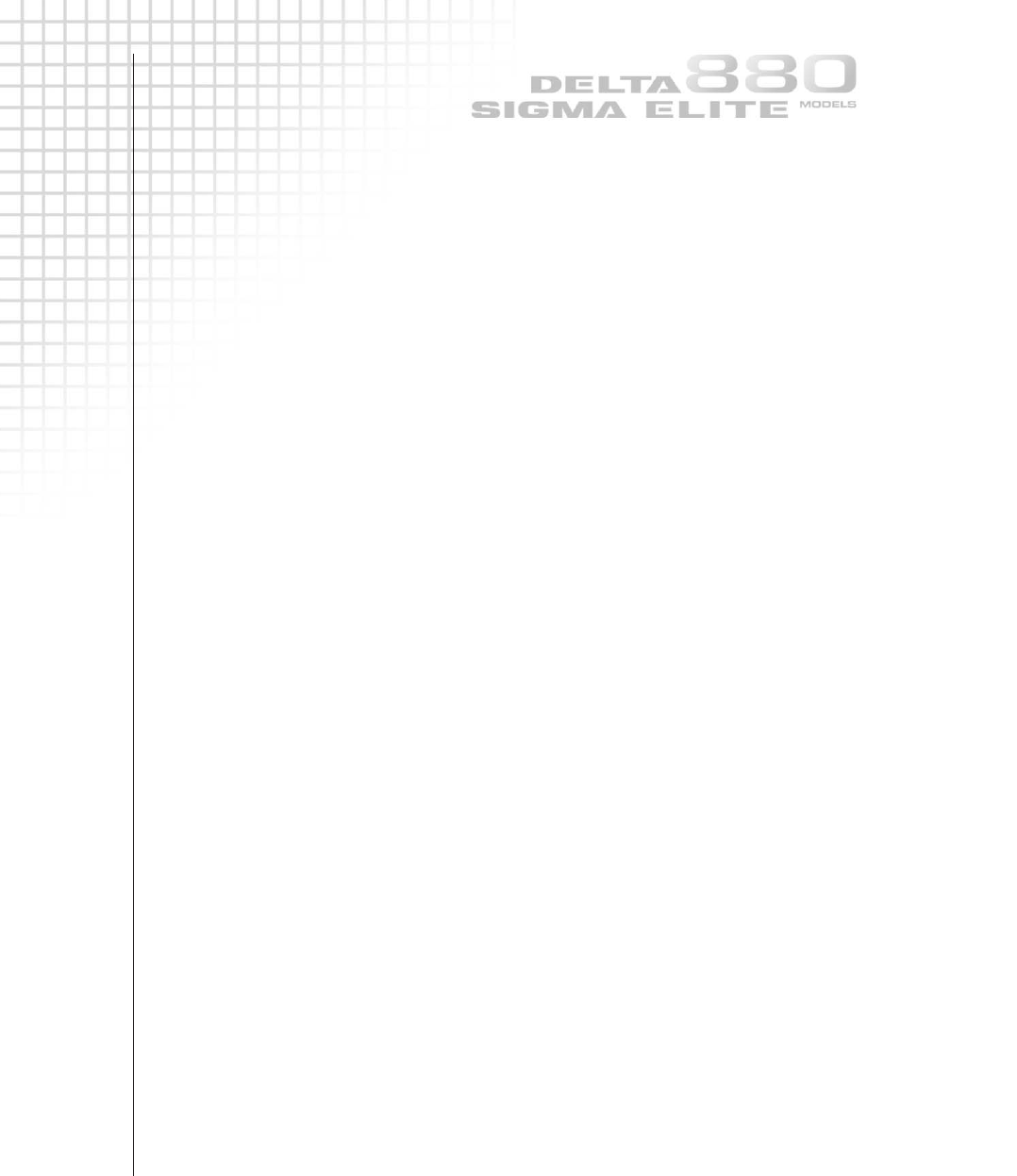
MAINTENANCE INSTRUCTIONS
4.14
Quarterly and annual maintenance for source guide tubes
Tools required for maintenance of source guide tubes:
●
A424-9XL mock source assembly to perform function tests after cleaning and inspection.
●
Length of clean control cable to push A424-9 XL through a 7ft (2.1m) source guide tube.
●
1in-18 tap and 1in-18 die nut for male and female threads of the source guide tubes,
if required.
Materials required for maintenance of source guide tubes:
●
Solvent: Clean mineral spirits to clean the source guide tubes internally.
●
Clean lint-free cloths and detergent to clean the exterior of the source guide tubes.
●
Mil-Spec grease, MIL-G-23827B or C, MIL-PRF-23827C (or equivalent radiation
resistant grease) to lubricate the swage fittings on the source guide tubes.
●
Compressed air source and hand nozzle to blow dry the internal conduit of the
source guide tubes.
●
3M™ yellow polyvinyl tape (or black polyvinyl electrical tape) for repair of cuts in the
source guide tubes.
Source guide tube maintenance
1 Clean the exterior of all the source guide tubes thoroughly using clean cloths and a
detergent. Remove all of dirt, grease and grime from the yellow polyvinyl source guide tubes
and the swage fittings.
2 Clean the interior of each source guide tube by pouring 4-5oz (100ml) of clean
solvent into one end. Manipulate the source guide tube back and forth to cause the solvent
to wash the interior of the entire length of source guide tube. Pour the solvent into a used
solvent container. Refill the source guide tube with clean solvent and repeat the cleaning
operation. Repeat this cleaning process until the solvent poured out of the source guide
tube into the used solvent container is clean. Use a compressed-air hose to blow out any
residual solvent from the source guide tubes. Use of a clean white cloth attached to one end
of the source guide tube will trap any debris or residual solvent when blowing out the
source guide tubes. Repeat the cleaning process until the cloth ‘trap’ indicates dirt is not
present within the source guide tubes.
3 Carefully inspect the entire length of each source guide tube for cuts and melted areas.
Repairs to cut or melted areas can be accomplished by taping the area with 3M™ yellow
polyvinyl tape (or black polyvinyl electrical tape). Taping the damaged area of the polyvinyl
sheath will prevent the ingress of water and other liquid that would cause corrosion to the
remote control cable. Carefully look and feel for dents and depressions in the source guide
tubes. Even a small inward dent in the source guide tube could cause a seized source
assembly resulting in emergency operations. A ‘mock’ (Model A424-9XL) source assembly
attached to a section of control cable that is pushed through the entire length of source
guide tube provides additional confirmation the source guide tube suitable for use.
4 Inspect the swage fittings of each source guide tube to ensure the threads are not
stripped or galled. If the threads are damaged, the use of a 1in-18 tap or die-nut and oil can
be used to clean the damaged area. Using moderate pressure, attempt to twist the swage
fitting off the source guide tube. If any movement is possible, remove from service and
replace the swage fitting. Inspect the source guide tube near the swage fitting for breaks
and bulging, remove from service and send to a service center for repairs. Repair can be
accomplished by cutting away the damaged area and replacing the swaged fitting. Inspect
the exposure head (source stop) to for excessive wear or perforations on the end-stop and
the side where the collimator (beam limiter) is mounted. Damaged fittings or exposure
heads on source guide tubes can be replaced at an AEA Technology QSA service center. If the
swage fittings are not damaged and are securely attached to the source guide tube, apply a
light coat of grease to the threads and install the protective covers over the fittings.



